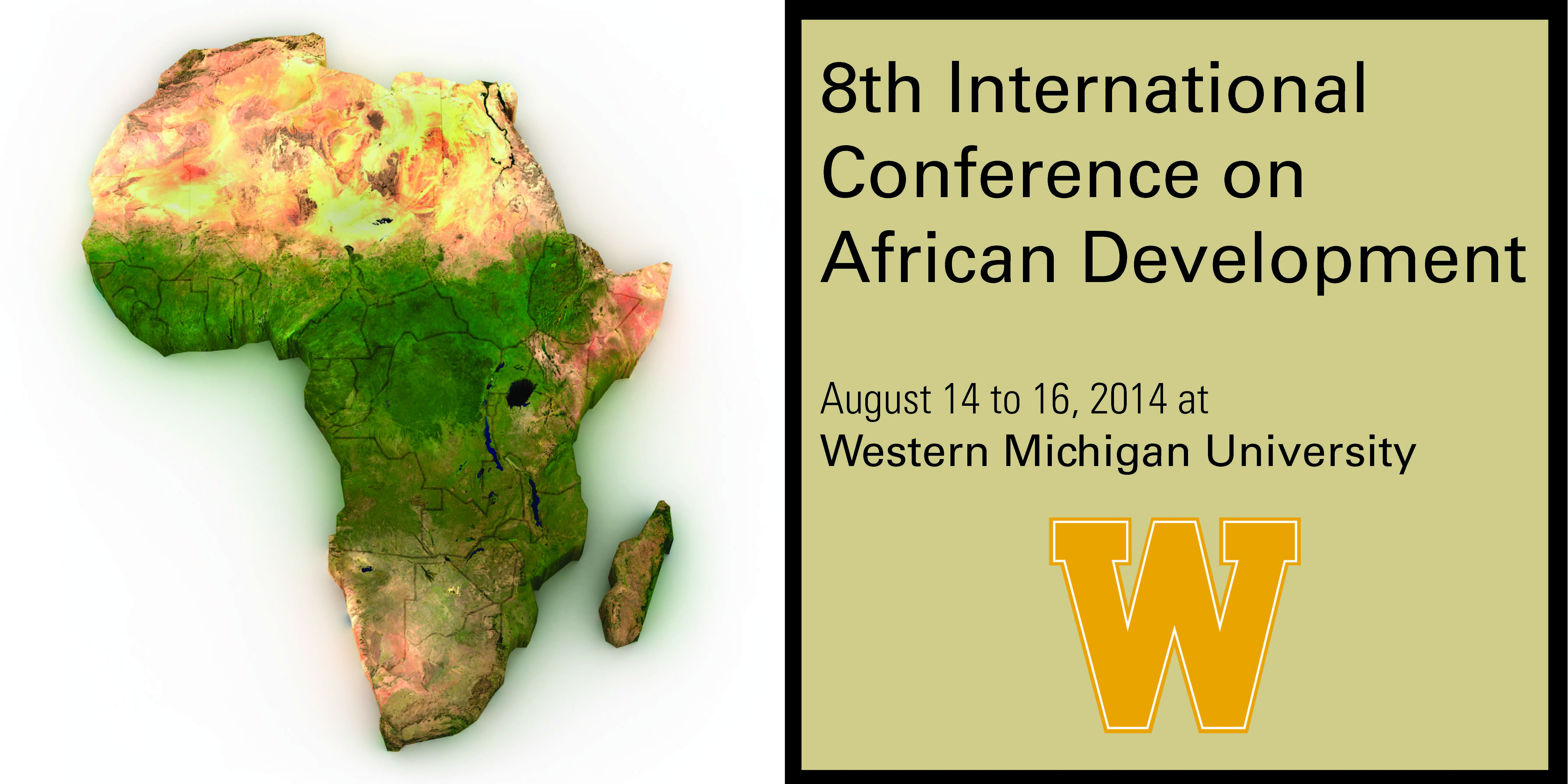
Towards Good Governance for Achieving Food Security in Ethiopia: Challenges and Issues
Presenter's country
Ethiopia
Start Date
16-8-2014 2:00 PM
End Date
16-8-2014 4:00 PM
Submission type
Presentation
Abstract
Although rice technologies have been introduced in Fogera district over the last two decades, farm household’s food demand was not met as expected. Sustained, intensified and coordinated rice research is the key to curb the problem but impaired due to lack of good governance coupled with weak institutional capacity. This has resulted snowballing effects like little or no discussion among/with farmers on good practices, successes/failures of technology adoption and input delivery; poor linkage of small farmers to market and knowledge gap in Development Agents, Therefore, this study seeks to identify and evaluate potential determinants of household food security with basic emphasis to factors linked to good governance introduced to address the problem of food security in the study area. A multistage sampling technique will be used to select respondents. To this end, the primary data will be gathered from the field survey by administering pre-tested structured and semi-structured questionnaire. Study district’s fertilizer, improved seed supply and irrigation coverage, and food Balance Sheet data of 2002-2012 like total population, cereal production, post-harvest loss, will be extracted at various levels of central statistical offices. Logit model would serve to evaluate good governance dimensions of farming household’s food security for its comparative mathematical and interpretational simplicity. Investigation of food security at district (Fogera) level will be made by deriving food balance sheets. Therefore, the results of this study would be primarily important in designing strategies and policy interventions to ensure appropriate use of rice technology and tackle problems of food security.
Keywords
Rice technology, logit model, good governance, food security, food balance sheets
Towards Good Governance for Achieving Food Security in Ethiopia: Challenges and Issues
Although rice technologies have been introduced in Fogera district over the last two decades, farm household’s food demand was not met as expected. Sustained, intensified and coordinated rice research is the key to curb the problem but impaired due to lack of good governance coupled with weak institutional capacity. This has resulted snowballing effects like little or no discussion among/with farmers on good practices, successes/failures of technology adoption and input delivery; poor linkage of small farmers to market and knowledge gap in Development Agents, Therefore, this study seeks to identify and evaluate potential determinants of household food security with basic emphasis to factors linked to good governance introduced to address the problem of food security in the study area. A multistage sampling technique will be used to select respondents. To this end, the primary data will be gathered from the field survey by administering pre-tested structured and semi-structured questionnaire. Study district’s fertilizer, improved seed supply and irrigation coverage, and food Balance Sheet data of 2002-2012 like total population, cereal production, post-harvest loss, will be extracted at various levels of central statistical offices. Logit model would serve to evaluate good governance dimensions of farming household’s food security for its comparative mathematical and interpretational simplicity. Investigation of food security at district (Fogera) level will be made by deriving food balance sheets. Therefore, the results of this study would be primarily important in designing strategies and policy interventions to ensure appropriate use of rice technology and tackle problems of food security.

